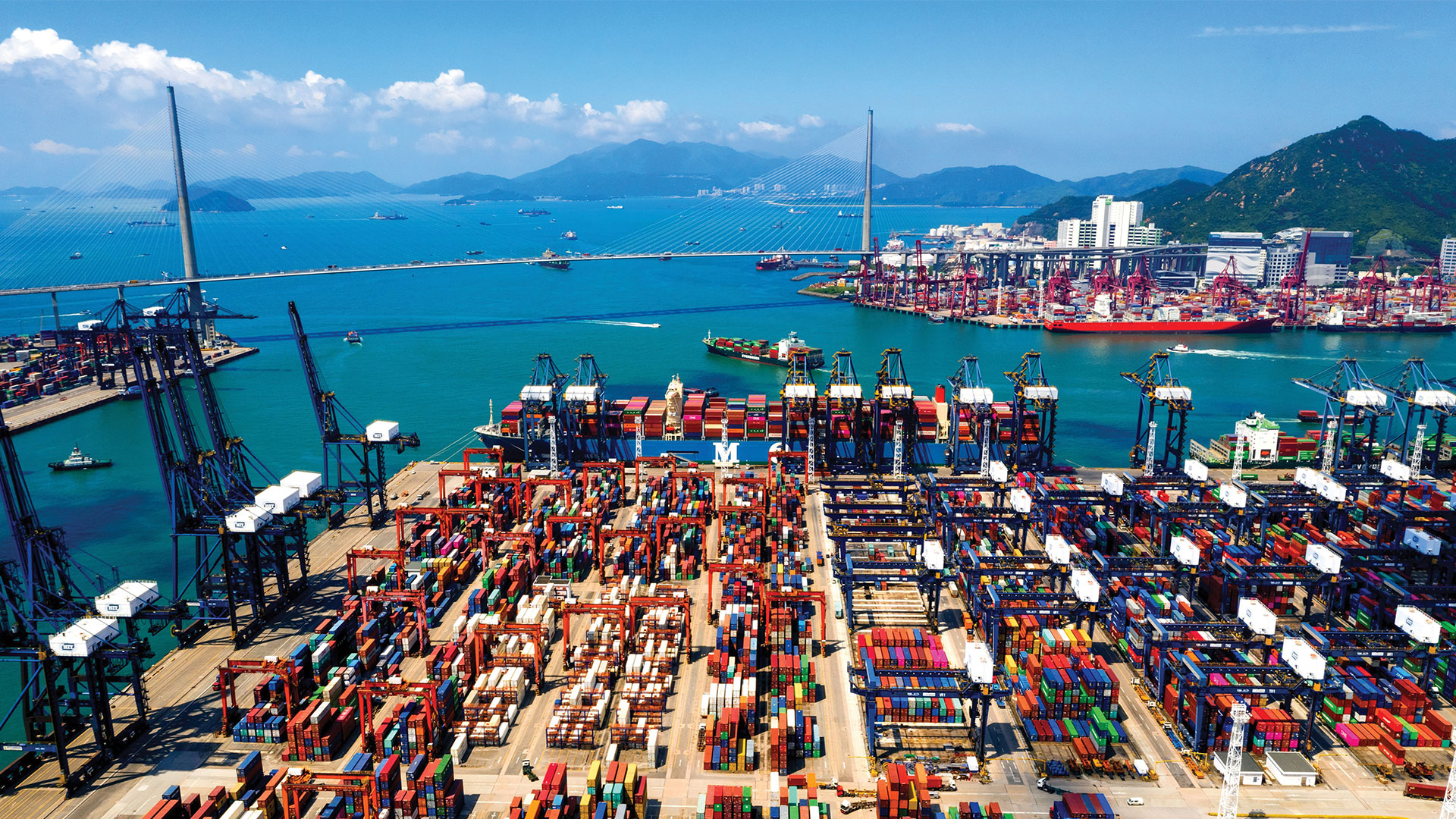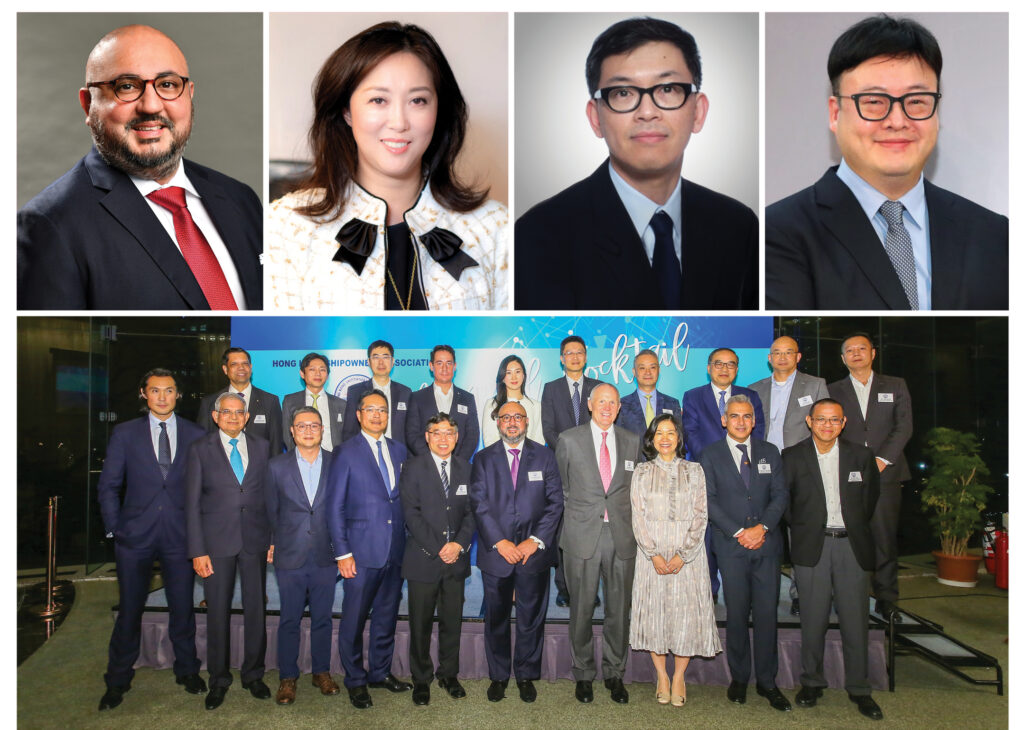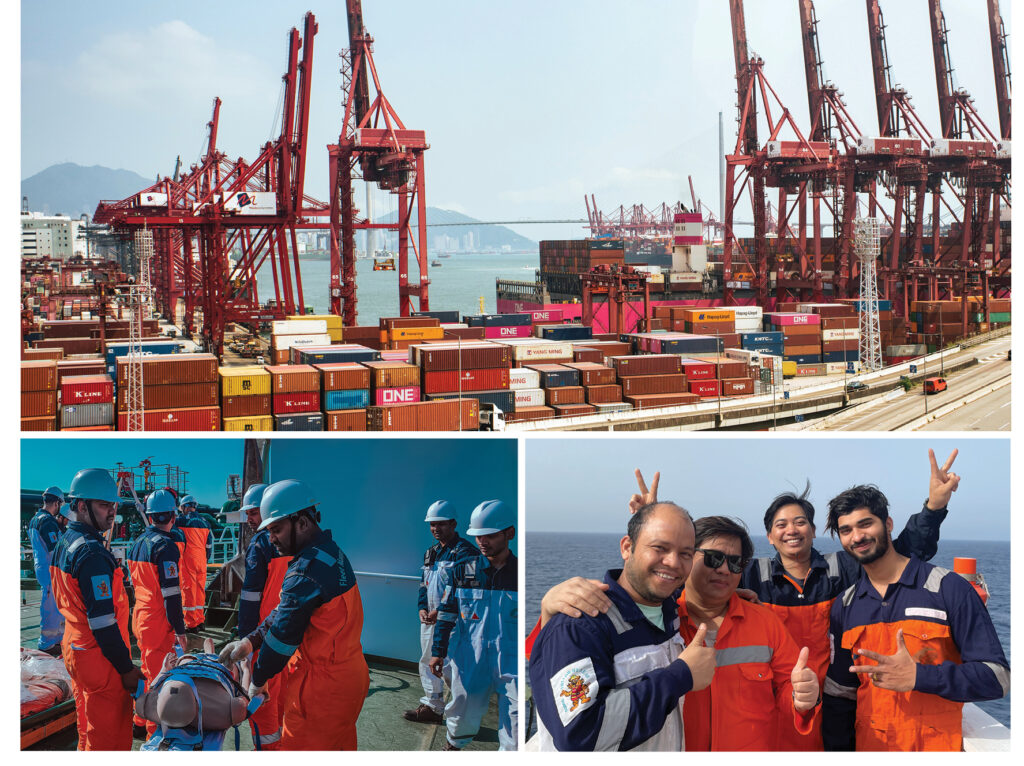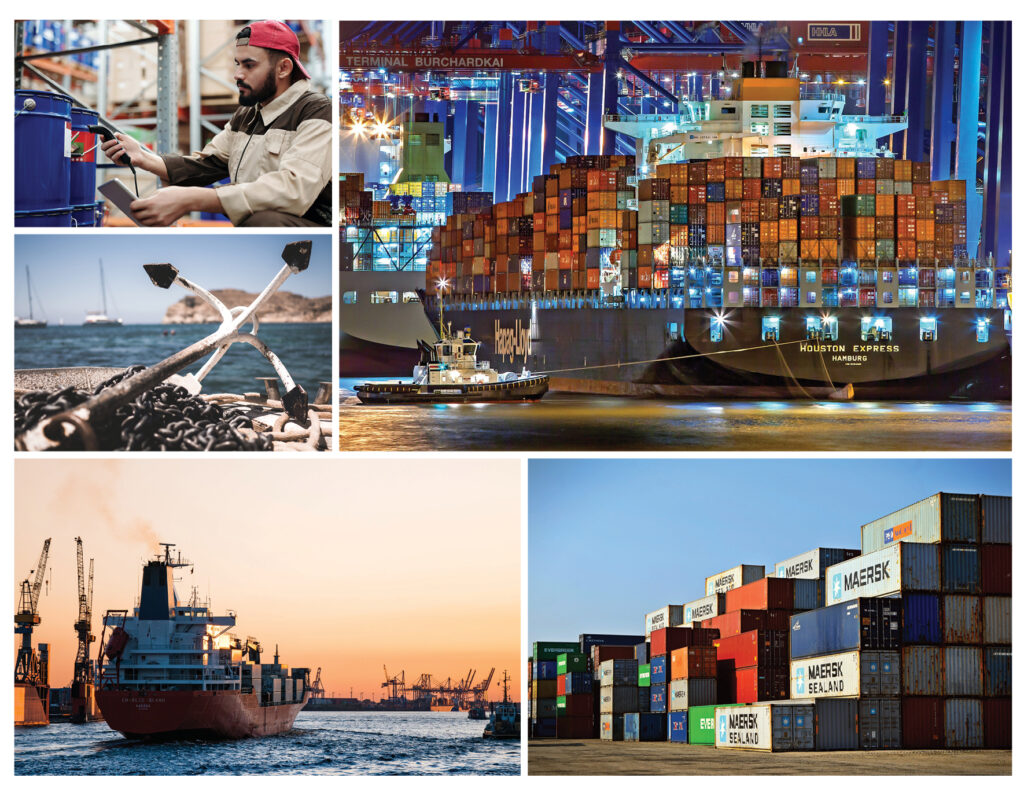
Sea Change: Hong Kong shipowners street into a new era, confident of continuing our status as a global maritime hub
Last year, the Hong Kong Shipowners Association (HKSOA) celebrated its 65th anniversary and also elected its first chairman of Indian origin. Angad Banga took the helm at one of the world’s largest and most vocal shipowner associations in November. Its 180-plus members represent companies owning, managing or operating a fleet, or providing shipping industry services, and together their vessels boast a carrying capacity of more than 223 million deadweight tonnes.
Banga is chief operating officer of The Caravel Group, his family’s company with maritime, commodities and asset management arms. Through his two-year stint as HKSOA chairman, he is also serving as rotational chairman of the Asian Shipowners’ Association until mid this year, which embraces bodies from Australia, mainland China, Hong Kong, Japan and Korea as well as ASEAN countries.

He explains that the HKSOA is driven by volunteerism; like his father, Dr Harry Banga – once one of the youngest master mariners in the Indian merchant navy – and other members of The Caravel Group, he has been active in the association for many years. “I felt that the time was right to put myself forward for election to further support the global and local development of the industry and our maritime hub here in Hong Kong,” he says.
Initially pursuing a career in finance and private equity roles, Banga’s background is notably diverse and perhaps unique for someone in his new role. He is proud of his elevation as the august body’s first chair of Indian descent, but he also keeps a sense of perspective – the maritime industry, not surprisingly, is extremely international in outlook, has English as the common language and members with businesses anchored all over the world. “I do feel the significance of being the first person of Indian origin leading the association,” he says. “I do, however, see myself as a Hong Konger with Indian heritage and an international perspective, having been raised here from an early age, but having also been educated in the US.”
Life at sea and onshore
Clearly devoted to the industry, he is a keen to promote it as a rewarding career across many disciplines for both men and women – “everything from law, to finance, insurance, marketing, engineering and data science”. “The salaries in shipping are competitive when you compare them to other industries, and its global nature means there are good opportunities to move around and experience working and living in different countries,” he shares.

During the celebrations to mark its 65-year lifespan, former Secretary General of the International Maritime Organisation Efthimios Mitropoulos stated the HKSOA has never been shy to speak out on important topics. Banga insists he will continue to be outspoken in matters close to his heart during his tenure. “I feel very strongly about seafarer welfare, including their physical and mental health and wellbeing,” he says. “Seafarers are essential key workers and their work is absolutely vital within the global supply chain.”
The pandemic was an extremely challenging period for all at sea. And as borders closed, mariners spent much longer onboard than usual, resulting in spikes in anxiety and other mental health issues. Banga is proud of HKSOA efforts to further seafarers’ rights in areas such as crew change, shore leave and vaccinations during that time, and promises that their wellbeing will continue to be a core issue.
Safe harbour
On a strategic level, the association will continue to do its utmost to preserve Hong Kong’s status as one the world’s premier maritime centres and to promote its interests globally. “I’m very confident about the Hong Kong shipping industry going forward, and our position as an international finance, shipping and trade centre,” says Banga, noting that the HKSOA plays an active role in many maritime arenas including the International Chamber of Shipping.

“Hong Kong continues to have the fourth largest ship registry in the world, and as a result of the recent shipping tax concessions, it is seen as an increasingly attractive centre for ship-leasing companies, with several building or expanding their portfolios in the city – which has a flow-on effect of increasing the demand for other supporting maritime service companies.”
He highlights the competitiveness of the shipping tax rates and incentives introduced by the government over the past few years – tax on ship leasing, ship management and ship agency is now either nil or just 8.25% (half the normal corporation profits tax rate of 16.5%). Tax concessions afforded to commercial principals such as ship managers specifically address third- party ship management as a stand-alone business. “The fact these concessions are also extended to businesses within the service sectors, such as brokers, ship agents and marine insurers, to name a few, means that everyone can benefit and grow together,” he says.
Shipping forecast
Such incentives should act as a major “drawcard” for shipping-related companies to be based in Hong Kong. “The Hong Kong government has traditionally been very supportive of the maritime industry,” says Banga, who also notes the volume of maritime arbitrations in Hong Kong has been steadily increasing.
The association continues to keep an open dialogue with government representatives on ways to grow the industry. The establishment of a separate Transport and Logistics Bureau dedicated purely to transport and logistics matters (rather than being grouped in with Housing) was partly down to HKSOA advocacy.
In another positive move, the Hong Kong government recently completed a ‘smart port’ study, planning to “enhance port efficiency and reduce cargo handling time and cost through streamlining and optimising the multi-party coordinated processes electronically”.
Greener future
The global shipping industry is now steering a course to decarbonisation, including the use of future fuels, in a process considered essential if the world is to keep within the climate goals set down in the Paris Agreement. According to its new chairman, the HKSOA is fully supportive of this transition and will take onboard cooperation and support from all parties. “In the energy transition journey, some key challenges include regulation, digital innovation and attracting, training and retaining people to be able to run ships as effectively and efficiently as possible,” notes Banga.

As for his own company, he says The Caravel Group is reducing carbon emissions from its owned and managed ships given that greenhouse gas emissions are directly related to fuel consumption. “A large part of our efforts focuses on implementing measures to conserve engine power and improve energy efficiency. This includes improving our consumption monitoring and data collection processes to be more comprehensive and accurate, so we can make better decisions in managing each vessel.”
Hong Kong’s position within the Greater Bay Area should allow fleets to draw on the resources of the region’s innovative R&D centres in the transition drive. He also believes that Hong Kong, with its strategic location within Asia and robust infrastructure, is ideally placed to become a future fuel bunkering hub. “We need skilled people to be able to support industry developments, such as the rolling out of new technologies and future fuels,” says Banga.







